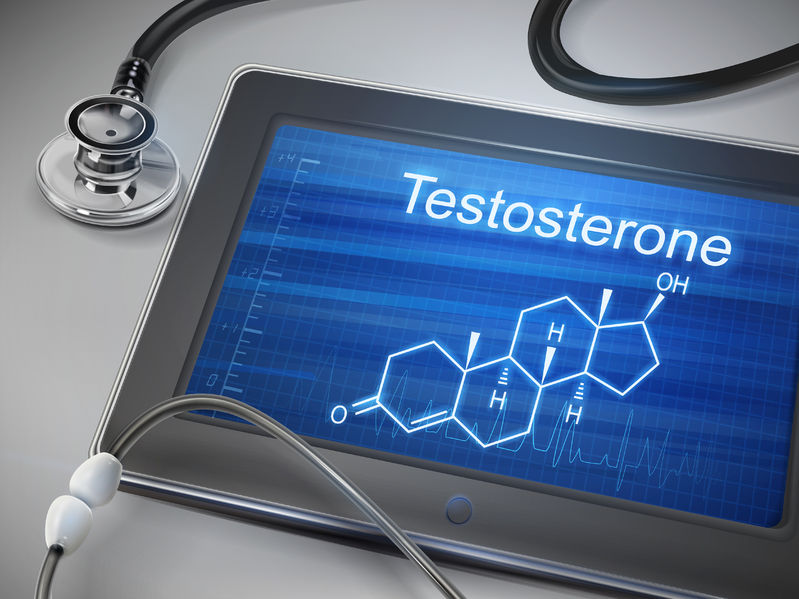I recall one of the dialogues in which the students of Socrates – the legendary Greek philosopher – ask an older man what it is like to be old and closer to death. The response is not the sad response you’d expect, but rather an explanation that there are certain advantages for men as they age, one of which is being more at peace and less driven by hormones. This is not all bad.
I think men just wonder about their testosterone levels. When I went to visit with my primary care doc, Dr. Forest, I repeated Socrates’ friend’s viewpoint, but still took him up on a T-test.
Testosterone is the major androgen, or male sex hormone.
Testosterone plays an important role in the development and maintenance of the male reproductive tract and secondary sexual characteristics; it is responsible for mens’ beards and body hair. A metabolite of testosterone – dihydrotestosterone – is responsible for male baldness. Testosterone also encourages bone formation, muscle development, and blood cell production.
Testosterone and related drugs are controlled substances meant for replacement therapy in individuals requiring higher testosterone levels. Other uses are considered illegal, such as testosterone use by athletes to “bulk up”. Normal levels of testosterone facilitate interest in sex and sexual function; higher levels can contribute to hyper-aggressiveness.

Testosterone
Testosterone levels decrease in men as we get older.
But many men, particularly older men, can miss that inner tension that comes with higher testosterone. It is the tension of younger men, and it too has certain advantages. If you are a man, you will likely understand this. And this is not all bad either.
While testosterone replacement therapy has been available for many years, the actual benefits, if any, had not been established. So, a recent paper in the New England Journal of Medicine by the Testosterone Trial Investigators examined the benefits of raising testosterone levels in older men.
The study included almost 800 men who were 65 years of age or older and who had blood levels and symptoms suggesting low testosterone. Each man in the study received either testosterone gel or an inactive gel for a year.
The testosterone treatment raised male hormone levels to those of a 20-40 year old. The treatment group experienced many of the benefits enjoyed by younger men: increased sexual desire, increased sexual activity, and improved erectile function. There was not really an increase in exercise function. Men receiving testosterone did not experience an increase in vitality, but did report slightly better mood and lower depression.
The number of participants in the study is considered too small to draw conclusions about the risks of testosterone treatment. This is unlikely to be the male fountain of youth. Testosterone increases cholesterol levels and is at least partially responsible for men not living as long as women. So, as with any medication, it’s worth considering both the benefits and the risks before starting.
This testosterone study should help men with blood levels and symptoms of lower testosterone understand what to expect from testosterone replacement therapy.
The decision to begin any new drug should start with your primary care provider and a thorough physical evaluation.
Your pharmacist is also there to answer any questions that you might have about your medications. Think healthy and take care of yourself.
Resources:
- http://www.ncbi.nlm.nih.gov/pmc/articles/PMC3955326/
- http://www.nih.gov/news-events/nih-research-matters/understanding-how-testosterone-affects-men
- http://www.ncbi.nlm.nih.gov/pmc/articles/PMC2701485/











